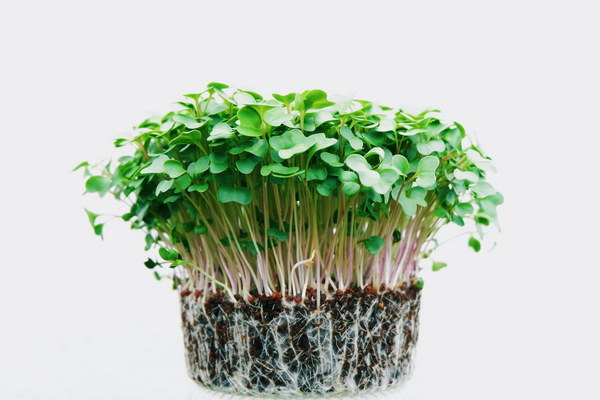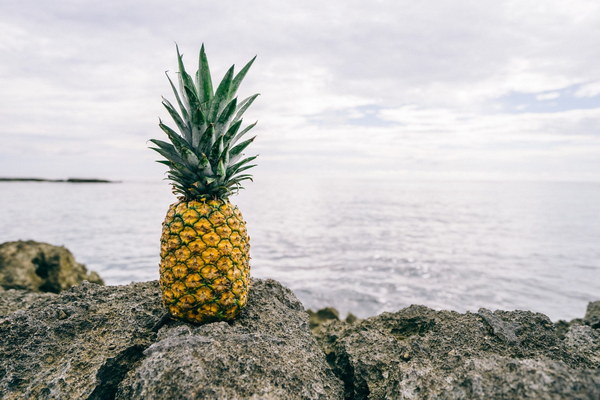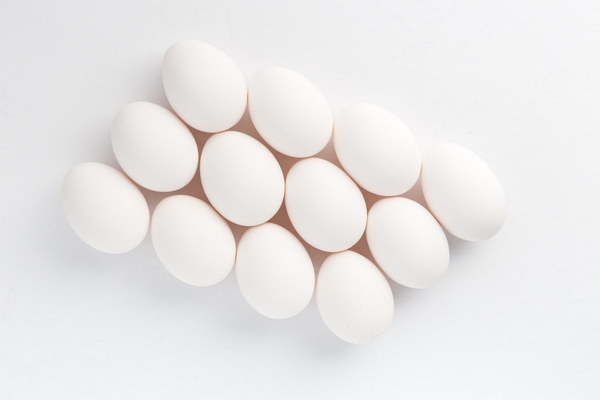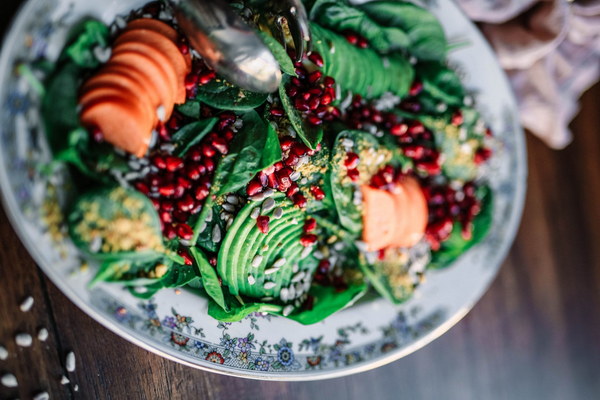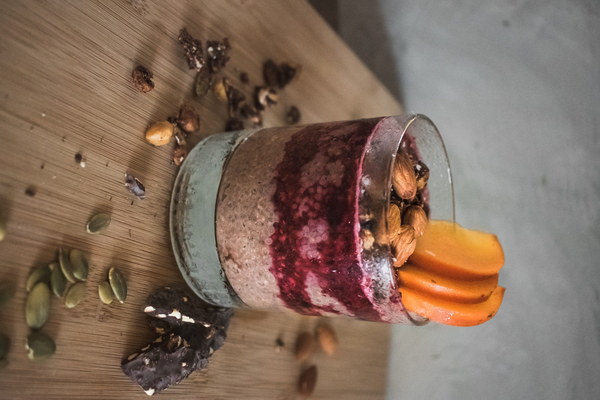Nourishing Her Health A Comprehensive Guide to Traditional Chinese Herbs for Postpartum Women
Introduction:
The postpartum period, often referred to as the fourth trimester, is a critical time for new mothers to recover and regain their strength. During this period, it is essential to focus on replenishing the blood and vital energy (Qi) lost during childbirth. Traditional Chinese medicine (TCM) offers a wealth of remedies that can help postpartum women restore their health and vitality. This article explores the benefits of TCM herbs commonly used to nourish blood and Qi during the postpartum period.
1. The Importance of Blood and Qi in Postpartum Recovery:
In TCM, blood and Qi are considered the fundamental substances that maintain the body's balance and health. During pregnancy, a woman's blood and Qi are depleted, especially after childbirth. Therefore, it is crucial to replenish these vital substances to aid in the healing process and ensure a smooth recovery.
2. Popular TCM Herbs for Nourishing Blood and Qi:
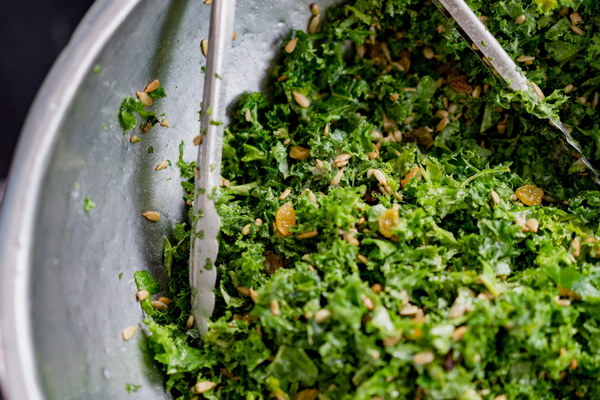
a. Angelica Sinensis (Dang Gui): Known as the King of Herbs for Women, Angelica Sinensis is widely used to nourish blood and regulate the menstrual cycle. It helps to alleviate postpartum bleeding, improve blood circulation, and relieve pain.
b. Codonopsis Pilosula (Dang Shen): This herb is highly regarded for its ability to boost Qi and improve overall vitality. It helps to strengthen the immune system, enhance energy levels, and support postpartum recovery.
c. Pueraria Lobata (Ge Gen): Pueraria Lobata is often used in combination with other herbs to nourish blood and Qi. It helps to alleviate fatigue, improve lactation, and promote the healing of postpartum wounds.
d. Rehmannia Glutinosa (Shu Di Huang): Rehmannia Glutinosa is a potent herb used to nourish blood and Yin. It aids in the treatment of postpartum anemia, improves energy levels, and enhances the body's ability to cope with stress.
e. Spatholobus Suberectus (Tong Ren Tong): This herb is believed to nourish blood, Qi, and Yin. It helps to alleviate postpartum fatigue, improve lactation, and enhance the body's immune response.
3. How to Use TCM Herbs for Postpartum Recovery:
It is crucial to consult with a qualified TCM practitioner before using any herbal remedies during the postpartum period. They will tailor a personalized treatment plan based on your individual needs and health conditions.
Herbal remedies can be prepared in various forms, including:
a. Decoctions: Boil the herbs in water and consume the liquid as a tea.
b. Powders: Grind the herbs into a fine powder and mix with warm water or juice.
c. Capsules: Pre-made capsules containing the powdered herbs can be taken as directed.
4. Benefits of TCM Herbs for Postpartum Women:
a. Enhanced Recovery: Nourishing blood and Qi can accelerate the healing process, reduce postpartum bleeding, and alleviate postpartum pain.
b. Improved Lactation: Certain herbs, such as Pueraria Lobata, can help improve lactation and ensure adequate breast milk supply.
c. Enhanced Energy Levels: Replenishing blood and Qi can boost energy levels, making it easier for new mothers to cope with the demands of motherhood.
d. Reduced Risk of Postpartum Depression: TCM herbs can help balance the body's Yin and Yang, potentially reducing the risk of postpartum depression and related symptoms.
Conclusion:
Traditional Chinese medicine offers a valuable approach to postpartum recovery by focusing on the vital substances of blood and Qi. Utilizing TCM herbs can help new mothers restore their health, improve lactation, and enhance overall well-being. Always consult with a qualified TCM practitioner to ensure safe and effective treatment during the postpartum period.

